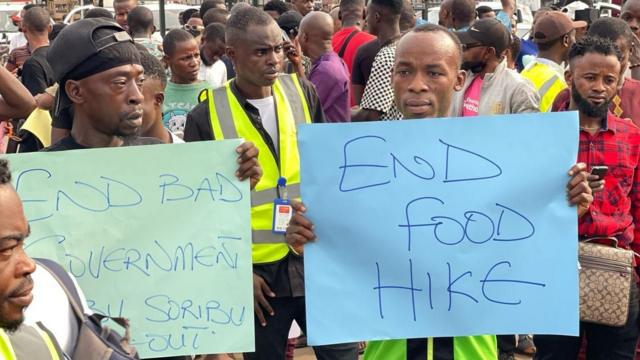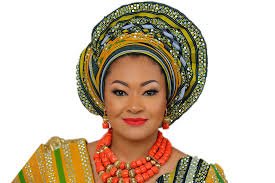As millions of Nigerians face the threat of hunger and malnutrition, the federal and state governments shared a whopping N1.15 trillion in January 2024.
This amount, which represents an increase of N20 billion from the previous month, was distributed at the February meeting of the Federation Account Allocation Committee (FAAC), chaired by the Minister of Finance and Coordinating Minister for the Economy, Wale Edun.
The allocation, according to the Office of the Accountant General of The federation, was derived from various sources, including statutory revenue, Value Added Tax (VAT), Electronic Money Transfer Levy (EMTL), and Exchange Difference revenue.
Revenue from Companies Income Tax (CIT), Import Duty, Petroleum Profit Tax (PPT), and Oil and Gas Royalties increased significantly, while the revenue from VAT, Export Duty, EMTL, and CET Levies decreased considerably. The balance in the Excess Crude Account (ECA) was $473,754.57.
The report further disclosed that the total revenue available in January was N2.068 trillion, out of which N918.338 billion was deducted for cost of collection, transfers, interventions, refunds, and savings.
“The federal government received N407.267 billion, the state governments received N379.407 billion, and the local government councils received N278.041 billion from the total distributable revenue.
“In addition, N85.101 billion was shared to the benefiting states as derivation revenue from mineral resources,” the report said.
While the government danced to the bank due to increased revenue, the plight of the ordinary Nigerians who are struggling to survive amid rising food prices, insecurity, remains largely addressed.
The stark disparity between government spending and the dire circumstances of ordinary citizens raises pressing questions about accountability and transparency in revenue allocation.
According to the Global Hunger Index, Nigeria ranks 109th out of 125 countries with a score of 28.3, indicating a serious level of hunger.
The United Nations Children’s Fund (UNICEF) has also warned that nearly 25 million Nigerians are at risk of hunger between June and August 2024. This includes 6 million children under 5 who are already suffering from acute malnutrition.
N30 billion Controversy
Recently, the Senate President, Godswill Akpabio,claimed that each state governor received N30 billion each from the FAAC to tackle the food crisis and inflation in their states, sparking outrage among Nigerians.
Akpabio said he got the information from an “unverified report” from the Federal Inland Revenue Service (FIRS), which he shared with the Senate on Tuesday.
However, his claim was swiftly denied by the Oyo State governor and Vice Chairman of the Nigerian Governors’ Forum, Seyi Makinde.
Makinde, who spoke on Wednesday while commissioning a mosque in Iseyin, said that the only fund Oyo State got from the federal government outside of statutory allocation was N2 billion out of the N5 billion promised to all states in the wake of the removal of fuel subsidy.
He also accused Akpabio of playing politics and looking for scapegoats, rather than giving confidence and hope to the citizens.
Meanwhile, the Nigeria Civil Society Forum, has accused governors of sabotaging efforts by the Bola Ahmed Tinubu administration to mitigate economic challenges in the country.
The Forum, which addressed journalists on Thursday in Abuja, alleged that governors were paying lip service to the economic pains of citizens in their respective states.
The group called on the NLC leadership to seek collaboration with the federal government towards addressing the challenges caused by the fuel subsidy removal and floating of the Naira.
A Wave of Protests Over Food Crisis
Meanwhile, in the last few weeks, protests against the high cost of living and food crisis have been held in Niger, Plateau, Kano, Sokoto, Osun, and Oyo States.
On Monday, February 19, residents in Ibadan, the Oyo state capital, took to the streets to protest the worsening economic situation in the country.
They were seen chanting songs and carrying placards with various inscriptions. Some of the inscriptions read: “No more Emilokan,’ ‘End bad governance,’ ‘End food hike now,’ ‘Mr. President, this is not the hope,’ ‘Insecurity is not our birthright,’ ‘Open border,’ and ‘End hardship,’ among others.
This is coming as the Nigeria Labour Congress (NLC) has also given an ultimatum to the federal government to address the pervasive hardship in the country decisively or risk a two-day national protest on 27 and 28 February later this month.

























